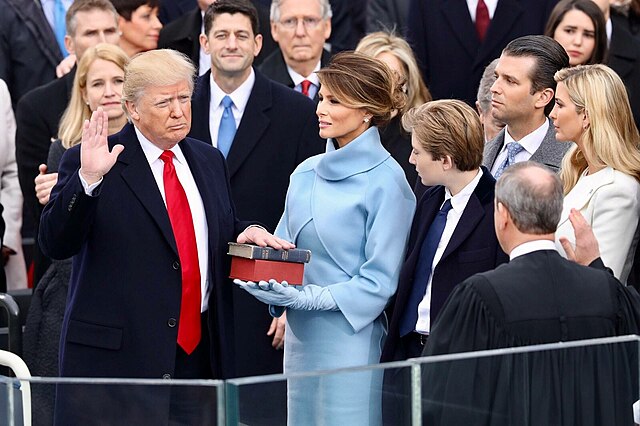By VIVIEN LEE ’17
Contributing Writer
France recently passed a law banning beauty pageants for children under 16 years of age, prompting debate as to whether the United States should follow suit. While some say these contests amount to healthy competition, others slam them as a form of sexism and exploitation. Beauty pageants seem to have gained a bad reputation for solely focusing on physical appearance—a gift many say you don’t have to work very hard for. Although much of this criticism is misplaced, France has set an important precedent in placing this much-needed age restriction.
The argument that pageant participants don’t work for their success is false, as is the belief that beauty is a static feature. For the purpose of this story, “beauty” refers to the mainstream, pop-culture definition of physical attractiveness. It takes determination to maintain appearances—intensive exercise, diets, hair, skin care, makeup, etc. Any of these undertakings, though tedious, is enough to significantly alter (though not necessarily enhance) someone’s appearance. Pageant participants constantly strive for the most flawless results. While being beautiful is not exactly a “talent,” staying physically attractive certainly is.
However, many child pageant participants also resort to similar beautification practices. When children as young as four bleach their hair, whiten their perfectly healthy teeth and receive spray tans, one cannot help feeling uncomfortable. The innocent child disappears and in her place is a miniature, manufactured adult. In addition, these chemical procedures are potentially harmful to the health, and one must wonder if that is what these children genuinely want. Ultimately, these children are too young to truly consent to these processes; they have not yet developed the knowledge or the ability to make these decisions. It is their parents and guardians who force these decisions onto them. If you force a child to do something harmful, isn’t that a form of child abuse?
Many who oppose adult beauty pageants claim that they “objectify” women. However, being judged based on beauty is no more “objectification” than being judged based on intellect on a college exam. Pageant participants are supposedly reduced to mere bodies to be judged. With that logic, students are reduced to letter grades, baseball players to stats and swimmers to times. Why aren’t these instances met with outrage? One of America’s most popular industries, professional sports, objectifies players; athletes are traded between teams like possessions. At least in pageants, women don’t belong to anyone; they act according to their own will.
Child participants, however, act according to their parents’ will. Although children are expected to follow their parents’ guidance, being exposed to a world that places excessive importance on materialism can be harmful for their self-esteem. Because they are still at an early learning stage, children have difficulties discerning between the important and unimportant aspects of pageantry. Beauty competitions provide opportunities to socialize, perform in front of audiences, compete for scholarships and make new friends. However, when these experiences become mixed applause for padded bras, promiscuous “talents” and over-the-top, “sassy” (rude) personalities, what messages do child participants internalize?
France, therefore, has made the right decision in placing an age restriction on beauty pageants, and the United States should follow their example. Although pageants can be a source of confidence and pride, contestants must be mature and responsible enough to have a truly beneficial experience. Similar restrictions are imposed on driving, voting and alcohol consumption, and for the same good reasons. Children who are too intensely involved in these activities are in danger of establishing a foundation of overvaluing materialism. When an adult wears makeup, she realizes that it enhances her features. When a child is forced to wear makeup, it teaches her that she is not pretty without it.



